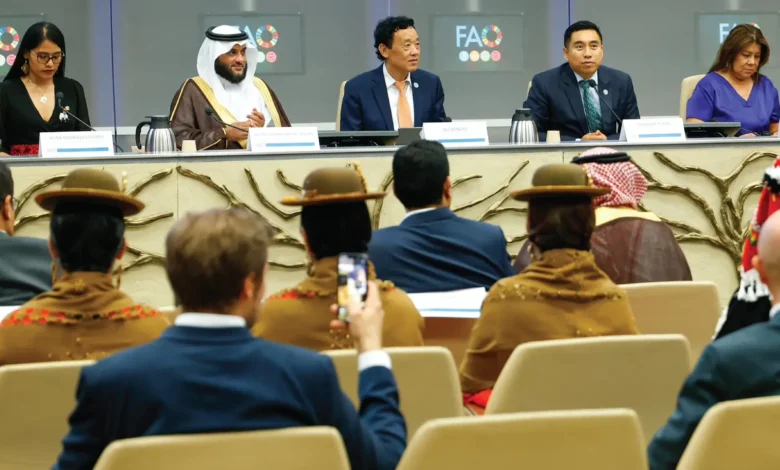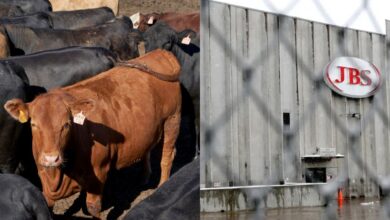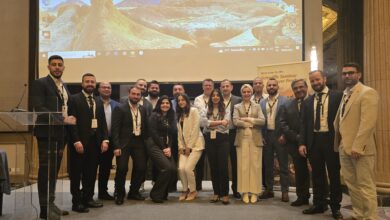
Saudi Arabia Concludes its Presidency of the International Year of Camelids 2024
Emphasizing Sector’s Role in Food Security and Global Cooperation
The Kingdom of Saudi Arabia has concluded its presidency of the International Year of Camelids 2024, an initiative launched by the Food and Agriculture Organization of the United Nations (FAO) to highlight the cultural, social, and economic significance of camelids in the lives of people worldwide. Saudi Arabia affirmed its commitment to using this occasion to elevate global awareness of camelids as a vital resource worthy of attention, research, and development.
This announcement was made during a closing ceremony held in Rome, Italy, marking the end of the International Year of Camelids 2024. Saudi Arabia assumed the presidency in June of the previous year, in partnership with the Latin American and Caribbean Group, represented by Bolivia.
In his remarks at the event, Dr. Ali Al-Sheikhi, Assistant Undersecretary for Livestock and Fisheries at the Ministry of Environment, Water and Agriculture, stated that the Kingdom had used its presidency to promote camelids globally as an essential food, economic, and cultural resource. He emphasized that Saudi Arabia’s engagement in international agricultural matters is not merely participatory but leadership-oriented, noting the Kingdom’s prior leadership in the International Year of Artisanal Fisheries and Aquaculture, as well as its key role in this year’s camelid initiative.
Dr. Al-Sheikhi highlighted the Kingdom’s activities during the year, including the leadership of the Ministry in cooperation with 13 government entities, in addition to numerous private sector companies and universities. More than 50 local and international events were held, 15 specialized research grants were awarded, and 18 strategic meetings were conducted to support the development of this vital sector. The Kingdom also organized 20 international exhibitions across various countries to raise global awareness about the importance of camelids. The first was held at the FAO headquarters in Rome, followed by an exhibition at the United Nations in Geneva, among others.
He noted that the International Year of Camelids served as an opportunity to renew the relationship between communities and this unique resource, highlighting its role in ensuring food security, creating economic opportunities, and enriching both cultural and academic landscapes locally and globally. Dr. Al-Sheikhi revealed that Saudi Arabia’s investments in the initiative exceeded one billion riyals, driven by its belief in showcasing the true value of camelids and boosting international collaboration in areas such as production, breeding, and scientific research. He emphasized that sustaining this sector is both a national and global responsibility, and represents a promising path for development.
Dr. Al-Sheikhi added that Saudi Arabia is recognized as a global leader in agriculture and food security, grounded in its ambitious strategic vision aimed at promoting sustainable production, encouraging innovation, and developing food supply chains, as well as achieving self-sufficiency and leveraging modern technology to enhance production efficiency and quality.
It is worth noting that the United Nations launched the International Year of Camelids to raise public and governmental awareness of the economic and cultural value of camelids, especially for communities suffering from extreme poverty and food insecurity. The goal is to support sustainable livelihoods and job creation for these vulnerable populations.












